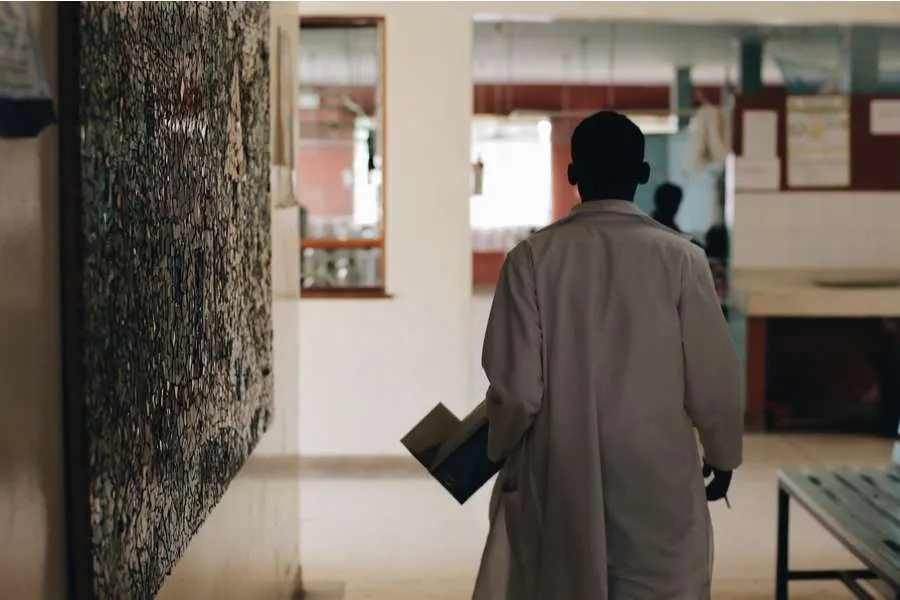Side effects of mifeprex include cramping and bleeding—which, in some cases, requires surgical intervention—as well as nausea, fever, vomiting, headache, diarrhea, and dizziness. Medical supervision is critical because some of the complications of chemical abortions can be lethal, Christie said. “Any fever during this process can be a sign of fatal sepsis,” Christie said.
Previous attempts at studying the viability and effects of second trimester chemical abortions in the United States failed due to lack of enrollment. Researchers concluded that future studies would be better conducted in a different part of the world. According to the practice bulletin of the American College of Obstetricians and Gynecologists, there was a previous trial at University of North Carolina Hospitals was ended because of “slow enrollment.”
“We believe that such a trial will need to be done in Europe or Asia, in settings where labour‐induction abortion is standard,” the report concluded.
Gynuity has conducted second trimester chemical abortion tests in other foreign countries, including Armenia, Nepal, Vietnam, Moldova, Uzbekistan, and Ukraine.
“They clearly are trying to conduct studies in other places that might not be as popular here,” Mary Harned, associate scholar at the Charlotte Lozier Institute, told CNA.
(Story continues below)
Another controversial aspect of the Gynuity trials in Burkina Faso is the “accelerated” pace of chemical abortions. The FDA-approved regimen can last up to two weeks, yet the trials in Burkina Faso are measuring the rates of a successful second trimester abortion—complete evacuation of the unborn child and the placenta—within 24 hours of the first administration of misoprostol.
The FDA guidelines for the two-drug procedure state that 800mcg of misoprostol should be administered 24-48 hours after 200mg of mifepristone, with a follow-up seven to 14 days afterward with the health care provider.
The trials in Burkina Faso involve administration of 200mg of mifepristone followed by repeat doses of 400mcg of misopristol for every three hours until abortion is achieved.
“They’re super-accelerating and making it a much harder thing for the woman,” Christie told CNA. “They’re basically causing severe uterine contractions and they’re precipitating a labor of a very big child.”
The further along in a woman’s pregnancy, the more complicated the chemical abortion process become, she said. “The complication rate would be huge—will be huge—in these poor women in Africa,” Christie said.
By the second trimester of a woman’s pregnancy, when chemical abortions are not approved by the FDA, “you’re inducing the labor of a perfectly-formed baby,” Christie said. “Here in the United States, we wouldn’t even contemplate it.”
It is unclear from the description of the Gynuity study if the abortions are being conducted in highly-supervised settings in medical clinics, with proximity to a local hospital in case of an emergency.
Burkina Faso has a life expectancy of 60 for males and 61 for females, according to the World Health Organization, and its maternal mortality rate of 371 deaths per 100,000 live births is in the top half of African nations according to a 2018 WHO report, but higher than almost all countries on other continents.
The trials being conducted so late in a woman’s pregnancy in a developing country speak volumes about the abortion movement, pro-lifers told CNA.
“The abortion lobby has been sounding the alarm since the beginning of the push for legal abortion that women’s safety is the issue, that women have to have legal places that they can go to without shame to have these procedures,” Christie said. Now, they are pushing for “chemical abortion outside of safety ranges.”
“It just shows that it was never about women’s safety in the first place,” she said.
Furthermore, the test is being conducted in Africa in a developing country with poor health infrastructure. “That’s pure racism,” she said, “that’s just pure abuse.”








